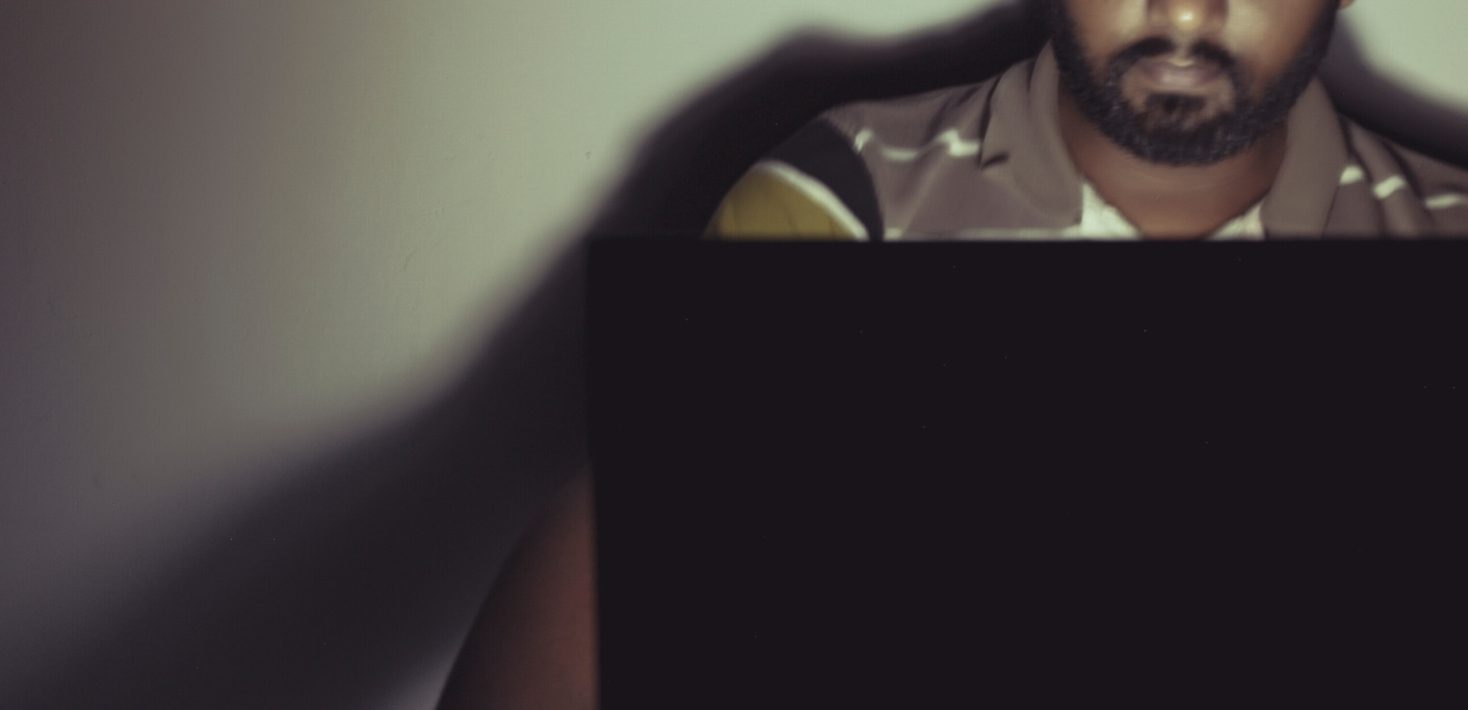Journalists in Pakistan are routinely subject to harassment, arrests and even enforced disappearances. In this backdrop, journalists are also reporting experiencing a high level of surveillance, both online and offline.
Amnesty International has been documenting these attacks on journalists and human rights defenders. Saad*, a journalist with years of experience of working in Pakistan, recounts his experience of surveillance, tapped phone calls and location tracking, as a direct result of his reporting.
In my experience, surveillance is never simply confined to one person. It is directed at your family, colleagues and sources. People around me have had to pay the price for my journalism. In the wake of a story on the military establishment, an acquaintance of mine was forcibly disappeared for a week.
After he was returned from a week-long interrogation, he said he was asked repeatedly: “Why did Saad call you?” Since then, people have been hesitant to speak to me. Whoever I called would receive a visit from the authorities, asking them the same question. This is a result of extreme surveillance. All my call logs are being tracked: who I call and when I call them.
Dozens of my relatives are being targeted simply because of their association with me. Their bank accounts have been closed, to stop them from sending me funds. They’ve even targeted my sister-in-law’s bank account. She can’t access her pension despite having mouths to feed. As a result, we’ve stopped speaking to our relatives. It’s been months since my wife called her family.
My life was under threat
After reporting on a story regarding corruption allegations related to a top official, I was told my life was under threat and surveillance. I severely restricted my movements for a few weeks. When I decided to return to my daily routine, thinking the threat had dissipated, I quickly learned how easy it was to track me through my mobile device.
The first day I left the house, I debated whether I should take my phone with me. I decided to carry it, thinking I might need it. I was going to the bank, and you never know what information you might need from your phone. I was followed on the way back. I was perplexed, thinking, “How could this happen?” I had taken a completely different route, and I had not informed anyone about my trip to the bank.
I was stopped and attacked with iron rods. I managed to escape with the help of some bystanders. I realized my phone
Journalist from Pakistan
was being tracked.
Closer to my house, I was stopped and attacked with iron rods. I managed to escape with the help of some bystanders. I realized my phone was being tracked. I had turned my phone off for several weeks and this was the first day I turned it back on. While I always knew journalists in this country faced surveillance, this incident showed me how my movements could be tracked in real time.
I am constantly looking over my shoulder
As a journalist my job is to report the facts. That is the focus of my work. But in Pakistan, surveillance is part of the cost of being a journalist. The way I see it, surveillance is a way to distract from that work. If you’re constantly trying to evade surveillance, that becomes the focus of your work. I feel that my capacity to report has reduced. I am more cautious about my work, constantly looking over my shoulder.
Journalists in Pakistan are not equipped to handle the threats posed by digital surveillance. Now having gained international exposure, I’ve learned about encrypted tools such as Signal, however, my fellow journalists are not taking these precautions. While surveillance is a reality of our work, no one ever gave us training or advice on digital security.
In a recent report, Shadows of Control, Amnesty International documented the surveillance and censorship technologies acquired by Pakistani authorities from companies from Canada, China, Germany, the US and the UAE. The Lawful Intercept Management System (LIMS) allows for surveillance of up to four million people inside Pakistan.
Amnesty International has called on the Pakistan government to refrain from current uses of these technologies and establish independent, effective and transparent oversight mechanisms of surveillance practices.
I have become savvier
Thanks to research and reporting such as this, I have become savvier. I now ensure all my communications are over encrypted platforms. I even avoid sending emails, lest they be tracked. When I have to upload something, I use VPNs. You never know what kind of technology has been acquired by the state and what surveillance capabilities powerful institutions possess. This is not ideal of course, digital security precautions take up a chunk of my time—time I could be dedicating to my reporting.
However, given the realities we operate in and the rapid expansion of surveillance technology, I urge other journalists to educate themselves on digital security, especially those whose work involves speaking truth to power.
*Name changed to ensure security.


